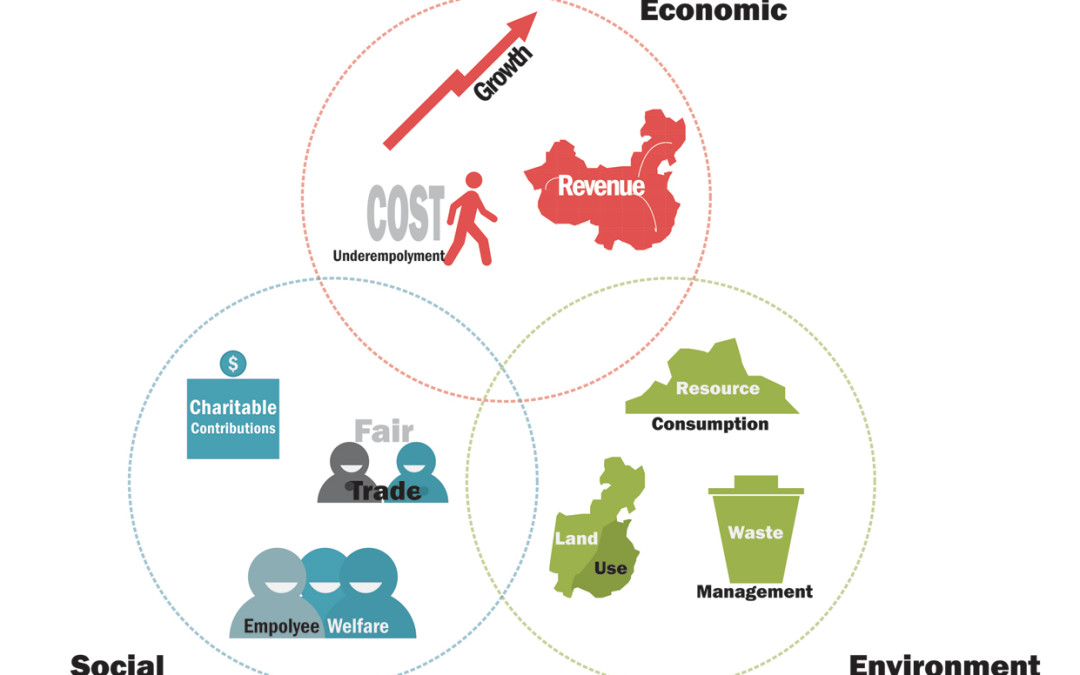Network

The Commercialization of Sustainability May Be a Profitable Venture
The shift towards conscientious business practices has affected not just work culture but sustainability and philanthropic initiatives. On a global scale, large corporate powerhouses are disclosing greenhouse gas emissions and 71 percent of those companies are opting for external audits. Last year, the Obama Administration enacted the Clean Power Plan, a landmark action to reduce energy bills for households and businesses, protect the future of the nation, and create jobs in the energy sectors. The U.S. isn’t the only advocate of sustainability.
In the EU, the Directive 2014/95/EU required large companies with over 500 employees to report environmental and sustainability issues by the end of this year. While the debate has been years in the making, a Newsweek article reported that companies with lower greenhouse gas emissions performed better which sounds attractive to modern shareholders.
Large companies that want to stay competitive must keep up with the ‘millennial Joneses’ who have chosen social responsibility as a place to put their faith according to a recent Crain’s article by Andrew Swinand, “ If you want to understand the magnitude of opportunities available to organizations that align with charities, consider this: For millennials — who, at 86 million strong, make up the largest population group the U.S. has ever seen — social responsibility is the new religion.”
Most importantly, there are benefits to a company’s bottom line if they take the environmental route, so even if a corporation follows the trend as a PR exercise, profiting from it may be an added bonus. In the United States, solar panels are becoming the new normal and though expensive to install, the move towards solar provides jobs and pay for themselves within a decade or two.
Major companies are starting to see the long-term bottom line benefits of sustainable investments. Case in point: when Puma became one of the first companies to publish the cost of carbon emitted water, it set a standard for how future companies could reduce energy and water consumption by sixty percent. For Puma, the savings amounted to millions of dollars.
Now in its seventh year, the BSR/GlobeScan State of Sustainable Business Survey, has been tracking the growing popularity of sustainability in mainstream U.S. business. Based on responses from its 250 corporate members, the survey reports how attitudes have changed towards issues of climate change, human rights, and company supply chains.
Companies today are actively integrating sustainability into their business practices, practicing “conscientious business” methods due to a growing belief from leaders about the benefits of sustainability.
The BSR survey via FastCoexist reports:
14% of respondents say that “sustainability is increasingly a part of [their] core business, and can no longer be divorced from overall strategy”. A total of 40% say their own sustainability programs are the primary drivers for their efforts (not necessarily regulation or investor pressure). And 42% see sustainability “playing an increasingly vital role in business,” while 18% are “uncertain” (somehow).
The sustainability professionals, 46% of whom were from the U.S., were asked about barriers to action on climate changes with their businesses. American respondents were most likely to say they have difficulty understanding the business case (17%) and to cite limited budgets to manage climate risks (19%). Internationally, “lack of regulatory incentives” was the most popular answer.
Less than a decade ago, detractors were vocal opponents against sustainability alternatives but since 2012 companies have started to move towards looking farther ahead and realizing the long-term planetary and monetary gains of commercializing sustainability.